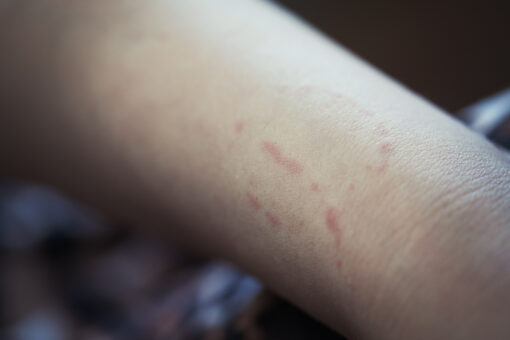
Keep reading to learn why it is considered to be less than compelling evidence and how a criminal defense attorney can help. Then reach out to Simmons Wagner, LLP at (949) 439-5857 to request a free legal consultation.
The importance of forensic science
Forensic science is a vital subject of research that has grown in importance as a result of the “CSI” effect. Many jurors now anticipate prosecutors to be able to link defendants in criminal cases using forensic evidence such as DNA and fingerprints, thanks to television series. The trouble is that such evidence isn’t always available — and when it is, it’s often “junk science.”
Unfortunately far too many people in California and across the country are in jail or may be convicted of a crime as a result of poor forensic science. That is why it is critical to retain the services of an experienced criminal defense attorney.
There is no scientific basis for bite mark evidence
Bite mark evidence is a classic example of evidence that gives the appearance of scientific legitimacy since it is frequently offered by doctors, but it has no scientific basis. It’s frequently utilized in murder, sexual assault, and child abuse cases. Bite mark evidence will be collected utilizing a variety of methods, including photography, dental casts, and computer augmentation. After that, they’ll check with forensic odontologists to see if the bite mark was caused by a specific person.
The difficulty is that bite mark comparison does not work. The skin is pliable and has an irregular texture. Swelling, as well as the healing process, might distort the bite mark. Furthermore, while bite mark companions can rule out suspects, they cannot positively identify a suspect, according to a 2009 paper from the National Academy of Sciences. Unlike fingerprint analysis, it does not compare a specific bite mark to a huge pool of anonymous suspects; instead, it asks an “expert” to match a specific bite mark to the bite marks of one or two suspects.
According to the 2009 assessment, bite mark comparison has a high risk of bias, in addition to a lack of scientific validity. The police often give odontologists samples from suspects in a case, but they rarely use blind comparisons or a second expert. This analysis slammed bite mark comparison evidence, concluding that there are no scientific studies to back up the claim that bite marks can positively identify criminal defendants. “Experts disagree considerably in their evaluations of the same bite mark evidence in multiple instances,” says the report, “leading to questions about the validity and scientific objectivity of such evidence.”
Because of these objections to bite mark evidence, attorneys for defendants convicted in bite mark cases are questioning their convictions. It also demonstrates the importance of hiring a criminal defense attorney who is up to date on the newest news and developments in the application of forensic science in California courts. Your lawyer should be able to explain why bite mark evidence isn’t scientifically valid and why it should be dismissed from your case. Contact Simmons Wagner, LLP at (949) 439-5857 for a free legal consultation.


